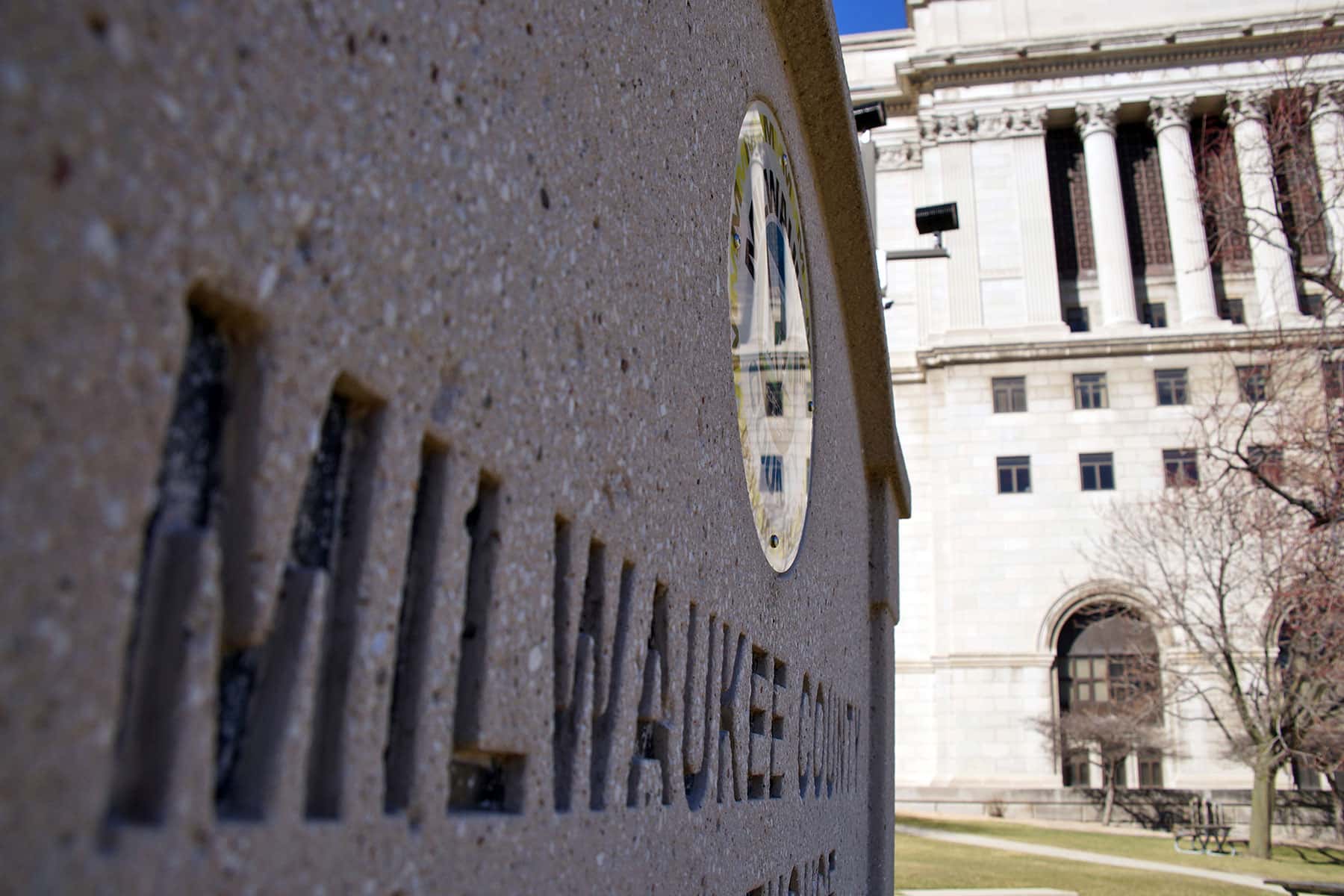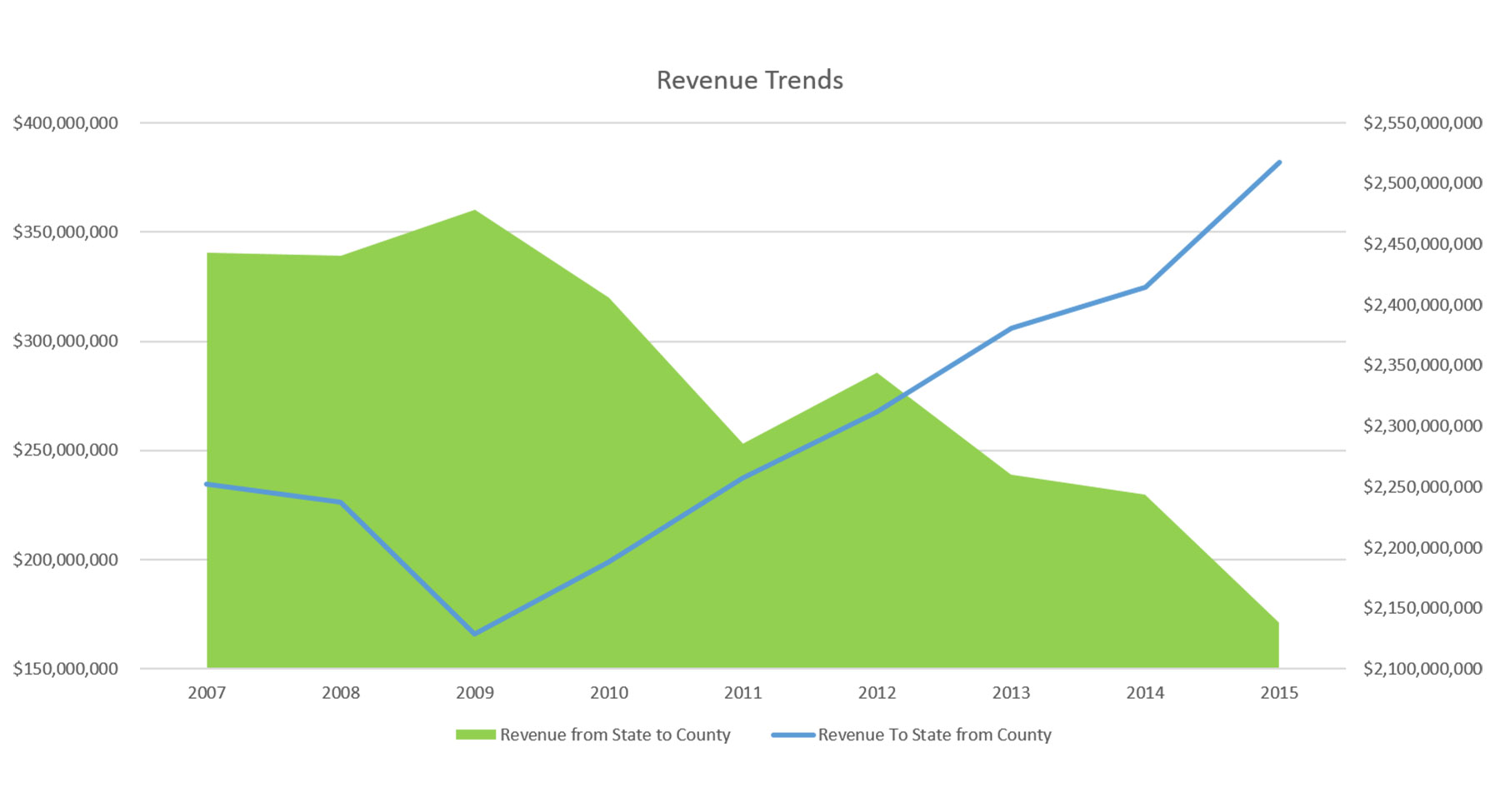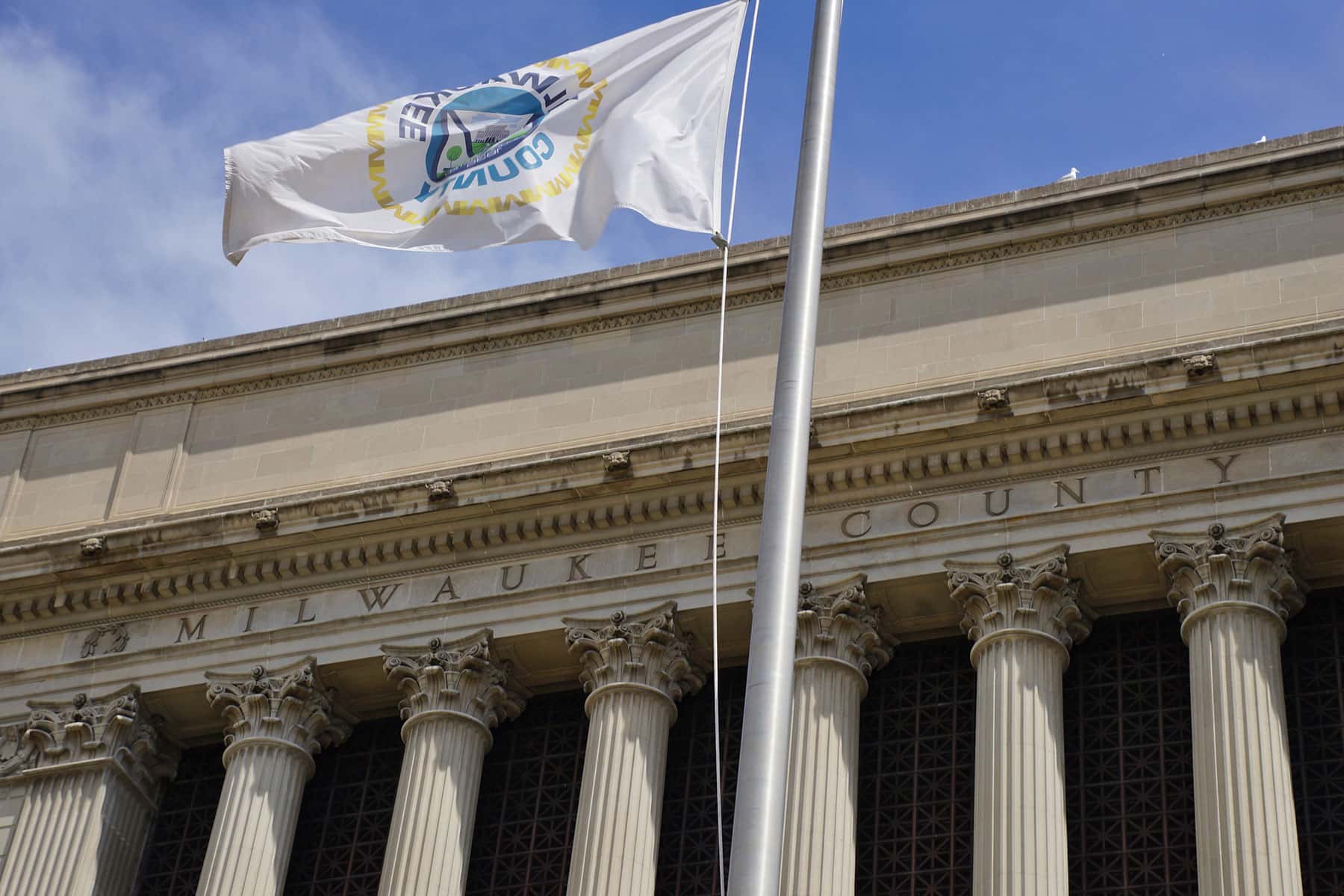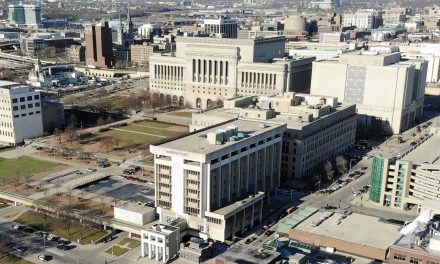
Milwaukee County Executive Chris Abele announced that his upcoming 2018 budget proposal will include new dedicated revenue for County Parks and transportation projects, a decision informed both by independent fiscal analysis and by the feedback of County residents who participated in the Engage MKE initiative.
Through the Balancing Act platform, a significant majority of users indicated that a revenue increase was needed; the County simply cannot fund all of our important services at the same levels without new resources, like a vehicle registration fee and dedicated revenue for County Parks. Balancing Act users on average supported an average increase of approximately $35 to the current vehicle registration fee. This feedback was echoed at three in-person listening sessions facilitated by the Zeidler Center for Public Discussion. Given the choice between cutting services and raising revenues, most County residents chose increasing revenue.
Unfortunately, the county is limited when it comes to options to increase revenues. The county cannot legally increase the sales tax without approval from the state legislature. User fee increases, which may be appropriate in some circumstances, simply don’t generate enough revenue to make a significant impact in sustaining our bottom line.
That is why the county executive is proposing a $60 vehicle registration fee in the 2018 budget – the same proposal he made last year, which was reduced by the County Board against the advice of fiscal experts. This is the only new revenue stream legally available to the county that can prevent drastic service cuts and allow us to make investments in areas that cannot be ignored, like the opioid epidemic.
Independent fiscal experts, like the Milwaukee County Comptroller and the Public Policy Forum, last year confirmed that a $60 vehicle registration fee was needed to sustain Milwaukee County’s transportation system. Leaders in the community also expressed support for this level of dedicated revenue.
“By creating a county user fee for motorists and investing the proceeds generated into needed road repairs and our existing transit system’s capital needs, the County Executive has shown leadership on the county level. The County Executive’s proposal for Milwaukee County shines a spotlight on the need for state leaders to show similar leadership in finding a responsible, sustainable, long-term funding solution for the state’s transportation infrastructure needs as well,” stated the Milwaukee Metropolitan Association of Commerce.
This dedicated revenue, along with new dedicated revenue proposed for our Milwaukee County Parks, will help the County remain on solid fiscal ground as we invest in our priorities.
The county executive also believes we need a source of dedicated Parks revenue to help us maintain and sustain our world-class parks system so that it remains accessible, safe, and clean for everyone. This budget allows the Parks department to generate $1.6 million in revenue from paid parking in different areas around the County. And because our Parks system draws visitors from all over, non-County residents will contribute to this revenue.
Background:
While County government continues to get leaner and more efficient, it nonetheless has to contend with a state government that has reduced its contributions to the County budget. In 2007, Milwaukee County received about $341 million from the state. In 2015 that number shrunk to about $171 million.
Meanwhile, Milwaukee County’s momentum as the economic engine of Wisconsin continues. From 2007 to 2015, Milwaukee County increased the amount of funding it sent to the state by a quarter billion dollars. Milwaukee County is producing more for Wisconsin, yet receiving less. As a result, Milwaukee County has to plug significant budget deficits every year.
The County Executive continues to work with the state to change these circumstances, but he will do what it takes to maintain the critical county services that residents rely on every day. For the seventh year in a row, transit cash fares will remain flat at $2.25 per ride. Weekly and monthly transit fares will also stay flat, however, some transit riders will see modest increases on some of our discounted fares. The MCARD fare, will increase from its introductory price of $1.75 per ride to $2.00 per ride. This still provides a savings over the cash fare, and incentivizes the use of the electronic system, while giving riders an automatic 90 min transfer at no added cost. College students using the UPASS will also see a $5 increase per semester.
But these modest and limited fare increases do not even begin to close the gap. This is why the county executive is proposing a $30 increase to the vehicle registration fee, or so-called “wheel tax.” While not ideal, this dedicated revenue source is the only major legal option that Milwaukee County has to maintain its services. This increase will generate $14.7 million in revenue in 2018 that allows the county to maintain roads and offer affordable, reliable transit service. County highways in Oak Creek and Greenfield will see improvements funded by this revenue. The vehicle registration fee will also address transportation infrastructure needs in our County Parks, such as improvements along the Milwaukee River Parkway in Glendale.
The other source of new dedicated revenue will come from paid parking in and around County Parks, something that has been considered along the lakefront in prior years. We have now reached a point where the County simply cannot afford to leave this potential revenue behind. In order to address past concerns raised by community members, the county executive is not limiting paid parking to the lakefront and is instead creating a taskforce comprised of County and community stakeholders to determine the best path forward, much like the taskforce that was created last year to make the Go Pass more sustainable.
This taskforce will analyze options, to include free days and varied prices based on location and time, at locations around the lakefront and other County parks and parkways. The taskforce will also consider racial and socioeconomic equity, as well as access issues for people of all abilities.
© Photo
Lee Matz
















